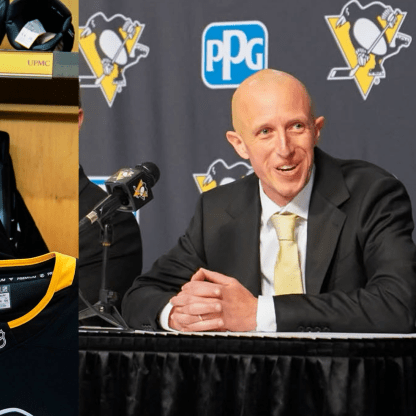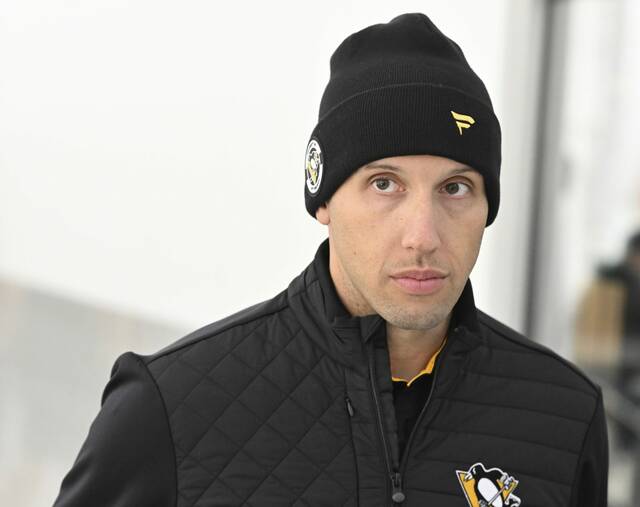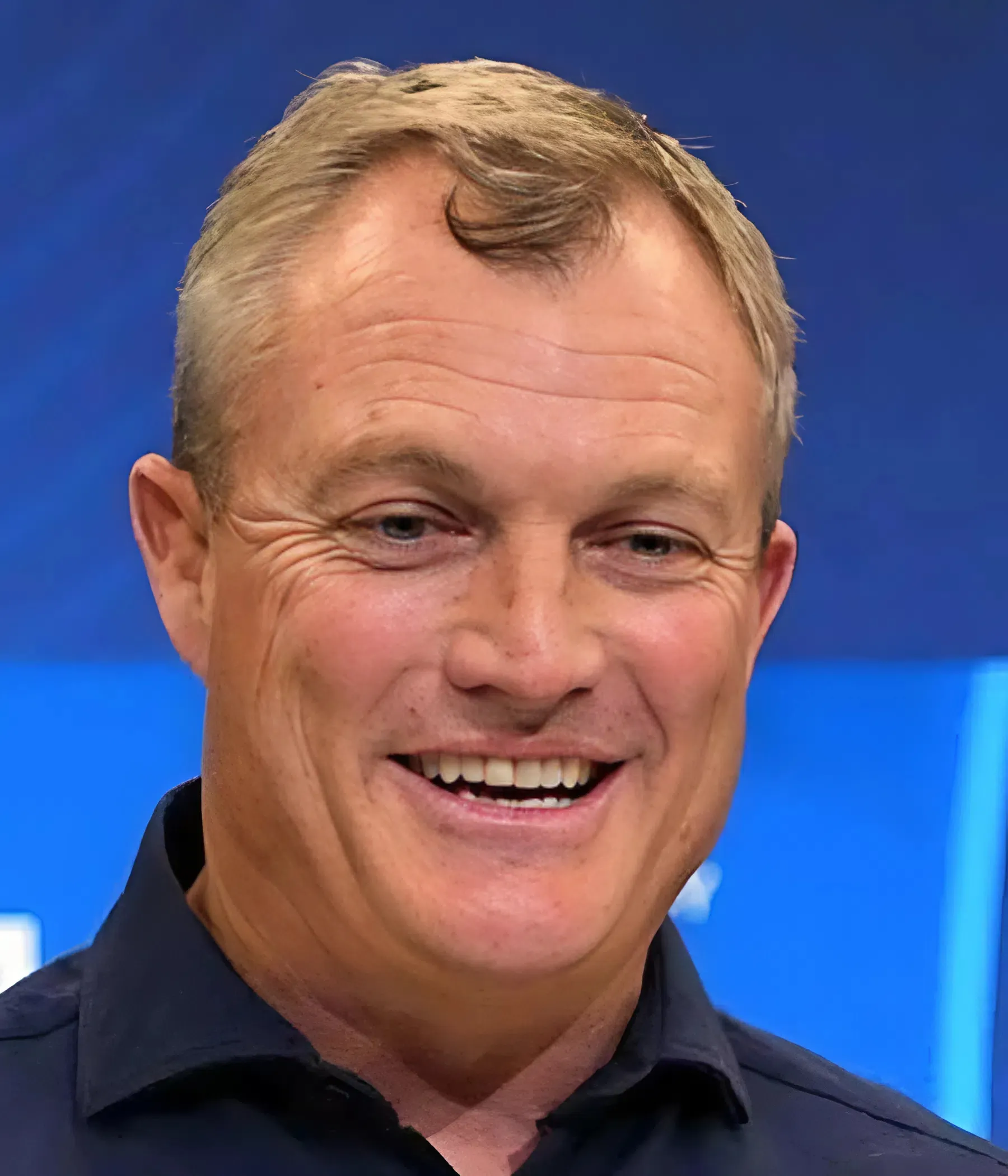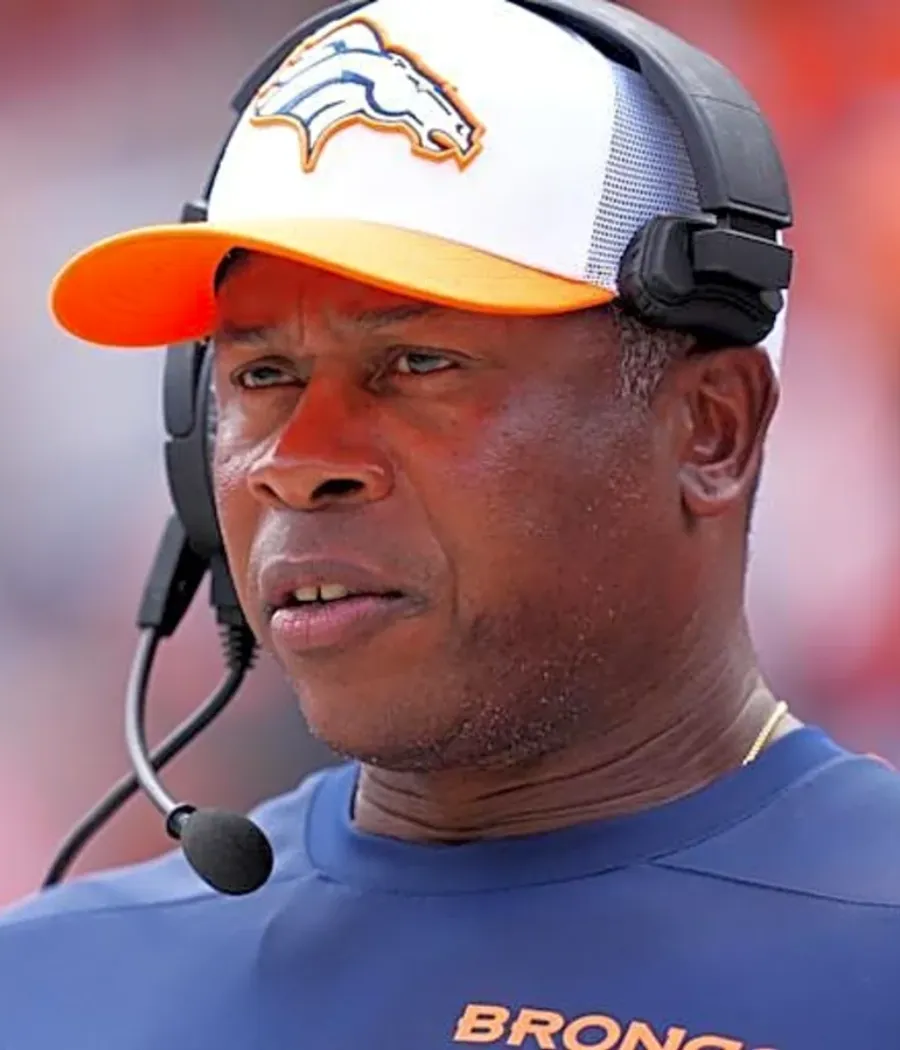It’s probably still too early to ask Dan Muse about the Pittsburgh Penguins’ power play. Or the forecheck. Or who will be on the second defensive pairing.
![Helping Each Player Grow: Muse's Mission in Pittsburgh | Pittsburgh Penguins]()
After all, it’s July.
And Muse, who was hired as the team’s coach June 4, just finished rounding up his coaching staff.
The most recent hire to that group came Monday when Mike Stothers was brought on board.
Muse and company are still getting used to each other’s nicknames, let alone trying to formulate strategies for offensive zone entries.
What is evident early on in this union is that Muse wants different voices from different backgrounds.
Stothers and fellow assistant coach Todd Nelson have been behind benches for decades. Meanwhile, Rich Clune and Nick Bonino were active players this decade.
Add in Andy Chiodo (goaltender) and Madison Nikkel (video), holdovers from previous head coach Mike Sullivan’s staff, and it’s a varied mixture of coaches with disparate resumes.
That blend is deliberate.
“How exactly how it was going to look when we started that process, I wasn’t sure,” Muse said in Cranberry during the team’s prospect development camp Friday. “But I knew that having a mix of experiences, mix of different backgrounds, some different ideas — and also bring in people that have some core philosophies that are similar and they’re aligned — you want that. I like different.
“You go through the entire coaching staff now, there’s a lot of different places that these coaches have come from, experiences that they have had in the game. So, now, you bring that all in together. … It’s a long process when you’re filling out very close to a full coaching staff. These guys, I think they’re going to bring a lot.”
Nelson, who led the American Hockey League’s Hershey Bears to back-to-back Calder Cup championships in 2023-24, will oversee the team’s forwards and power play. Stothers, previously an assistant coach with the Anaheim Ducks from 2021-23, will handle the defensemen and penalty kill.
![8657987_web1_ptr-pens04-060425 8657987_web1_ptr-pens04-060425]()
Chaz Palla | Triblive
Penguins assistant coach Nick Bonino spent parts of three seasons as a forward with the team.
Bonino, who retired as a player just last month, will contribute on faceoffs and the penalty kill, while Clune will be in the press box as the so-called “eye in the sky,” communicating observations to the bench.
Bringing that quartet together was the product of an extensive search by Muse as well as president of hockey operations Kyle Dubas.
“I really didn’t come into the job saying, ‘This is the group,’ ” Muse said. “There’s some people that I’d thought I’d want to speak with, and that was a starting point. But I think sometimes people will come into a job like this and they’ll kind of have it locked in (like), ‘This is going to be the coaching staff that we want to go with.’ That wasn’t the case here. That probably made it for a little bit of a longer process. But I actually thought it was really good. I got to speak with a lot of great coaches, any one of whom would have been great behind an NHL bench. We felt like this staff that we have now, this is the right fit for us.”
Part of that fit includes Chiodo, whose contract was not renewed after Sullivan left April 28. Dubas indicated the incumbent coaching staff would be given an opportunity to interview for their jobs.
Chiodo aced his interview in the wake of a 2024-25 season that saw Penguins goaltenders struggle behind an admittedly porous defense.
“This wasn’t me being here and saying this is convenient to keep somebody on board,” Muse said. “We went through a process with him. I met with him for a long time. I spoke with other people as well, other candidates. And he earned the job. I’m excited that he’s back. I’m excited about the work that he’s going to do based on the conversations that we’ve had.”
A lot of conversations will be had over the next two-plus months about what the 2025-26 Penguins look like and how they will play.
“We’ve had a few days of meetings now,” Muse said. “We are going to continue to meet throughout the entire camp. We will be in conversations all summer. When we come back together at the end of the summer, there’s work to be done. This week has been big for us as a starting point, but everybody’s going to have a voice.
“While somebody will need to be the lead voice in certain areas, everybody’s going to have a voice.”



-1752124945-q80.webp)

